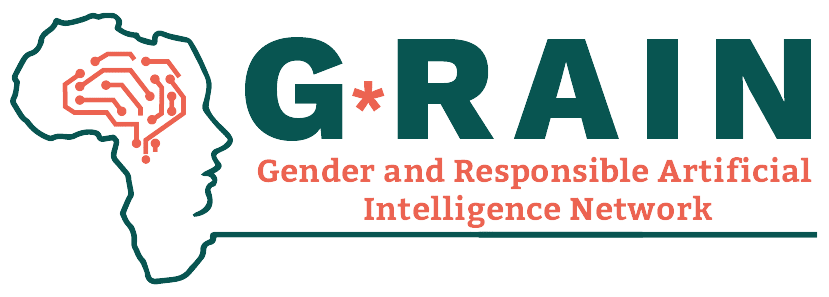STEM AND EDUCATION: IDENTIFYING GENDER GAPS
Context
Poverty, geographical isolation, minority status, disability, early marriage and pregnancy, gender-based violence and traditional attitudes to the status and role of women are some of the many barriers that prevent women and girls from fully exercising their right to access education, to complete their studies and to reap the benefits of education.
Women and girls are particularly under-represented in science, technology, engineering and mathematics (STEM) disciplines and consequently in STEM careers.
There are more girls in school than ever before, but they do not always have the same opportunities as boys to complete their studies and reap the benefits of the education of their choice. Girls and women face preconceived ideas, social norms and expectations that affect the quality of their education, their school careers and the development of their STEM careers. Despite the fact that almost half of the world's population is female, women are poorly represented in STEM fields. The figures are quite revealing: 3 % of graduates in information and communication technologies, 17 Nobel Prizes in physics, chemistry or medicine (572 having been awarded to men). These gender inequalities are visible in school and vocational education, in higher education, in careers and in research. Furthermore, recent studies show that gender differences in the sciences exist in both more developed and less developed countries.
According to UNESCO's flagship report, only 35 % girls worldwide are studying STEM disciplines at tertiary level, and there are gaps within each discipline. For example, only 3 % of female students in higher education choose to study information and communication technologies (ICT). This gender disparity is all the more alarming given that STEM careers are often referred to as the jobs of the future, driving innovation, social well-being, inclusive growth and sustainable development.
.vv{
font-size:20px; font-weight:700;
}
.rr{
color:black;
font-size:18px;
font-weight:600;
Similar articles
sexual-violence-as-political-instrument-during-elections-in-kenya
This Machine Learning Glossary aims to briefly introduce the most important Machine Learning terms - both for the commercially and...
AI and economic empowerment of women in agriculture
This Machine Learning Glossary aims to briefly introduce the most important Machine Learning terms - both for the commercially and...





